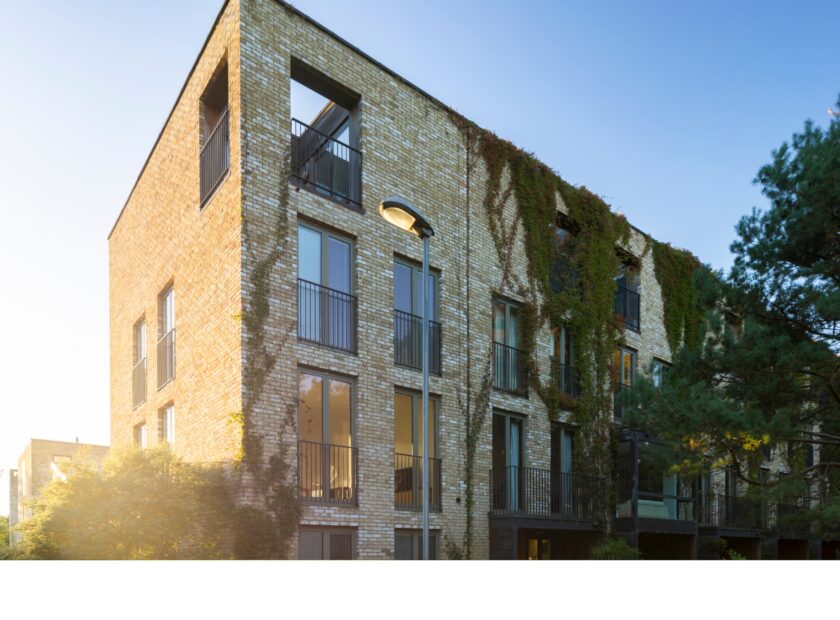Emily O’Brien, Green Party Councillor for Lewes District Council Cooperative Alliance
This summer, like in many other areas – Lewes District came close to a civil war of communities pitted against each other. This was sparked by an unusual enemy – the planning system. Subject to eye-watering government-set housing targets; and sparked by the ‘build build build’ agenda, we saw developers sniffing hungrily around green fields and politicians of all colours attempting to distance themselves from the planning reform proposals, which had been set on the table.
A proposal for ‘Eton Mess’ – a new town plonked next to the tiny village of Plumpton (ironically the inspiration for Trumpton, the much-loved 60s animation based on an archetypal English country village) hit local and national press, sparking a full-scale local campaign against Eton College who own the farmland which would be built upon. This meant council seats were threatened in places that had previously been entirely safe. It felt that planning had never been more topical – or toxic.
Interestingly, in the midst of these fiercely political arguments, we found a rare moment of unity. Councillors of all parties united in voting for Lewes District Council to become the first council in the country to adopt the Healthy Homes Principles as part of TCPA’s important Healthy Homes campaign. The campaign takes a uniquely positive approach to health, wellbeing and climate change – it turns the narrative on its head, looking to make the planning system part of the solution instead of the problem.
We all know from personal experience, without needing to consult the vast tomes of research out there proving it, that our mental and physical health is deeply affected by where we live. The planning system was in fact invented largely as a public health measure, to stop disease spreading and save the NHS money. We saw recently how Covid-19 ripped through overcrowded, badly designed housing, and just how important the quality of our neighbourhoods and access to green space are in determining, not only our physical and mental health, but also our ability to respond to health crises. And with the even bigger challenge of climate change just in front of us, the planning system has never been more important.
So now we have a ‘pause’ following Boris Johnson’s public pledge at the Conservative Party conference in October to take the heat off the South-East and ensure no more building on greenfield sites. His government is assessing the fallout from planning reform proposals and, in the aftermath of COP26 also needs to show it is serious on climate change. So let’s not see the opportunity to change things for the better wasted. I would like the Government to look at the TCPA’s approach which is already set out as a Bill to Parliament and adopt the same positive set of principles which we have embraced locally at the national level. It would be a way to heal the damaged trust in the planning system. Let’s use the space opened up by the government’s planning reform proposals to create a genuinely better planning system that puts health and wellbeing at the heart, and which is serious on climate change.





